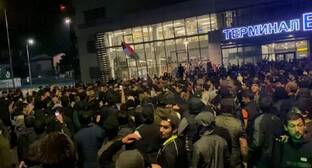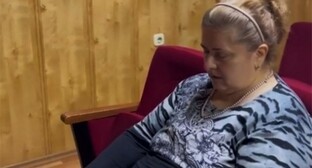29 November 2010, 18:00
Sociological questioning: the first dream of the residents of Nagorno-Karabakh is peace
Residents of Nagorno-Karabakh dream of peace most of all and have a distrust towards international organizations. This was indicated by the first international questioning carried out in Armenia and Nagorno-Karabakh by the organization "European Friends of Armenia".
"We were extremely surprised to see how firmly they stood for strengthening cease-fire regime, withdrawal of snipers from the contact line and allocation of international observers. Residents of Karabakh consider that these measures will help avoid victims, reduce the probability of war and facilitate the negotiation process", Michael Kembek, Director General of "European Friends of Armenia", emphasized adding that this data manifested that OSCE and other European institutions still had a lot of work to do.
Absolute majority of the respondents consider that political life in Nagorno-Karabakh is going on in the right direction (81%), this data is included in the complete report on the social questioning published on the official web-site of "European Friends of Armenia".
Among the most critical problems residents of Nagorno-Karabakh listed absence of peace (27%), unemployment (25%), the problem of the republic's independence (25%), Nagorno-Karabakh confrontation (17%), poverty (13%).
Ovannes Grigoryan, Director of the Institute of political and sociological consulting which had been the Armenian partner of the research, said that according to the questioning, the problem of security was the point of the greatest concern in Karabakh community. This problem in Karabakh is considered even more important than economic progress or social justice, "ArmInfo" reports.
"In particular, the level of democratization in Nagorno-Karabakh is considered higher than in Armenia while corruption level is lower", Grigoryan said.
The sociological questioning passed off from October, 22 till October 26. 804 persons in Stepanakert and five districts of Nagorno-Karabakh (Askeran, Gadrut, Martakert, Martuni and Shushi) were questioned by "face to face" method within its framework. Data gathering was done by the organization "European Friends of Armenia" in collaboration with British company "Populus" and the Institute of political and sociological consulting of Armenia. Data precision error was equal to +-3.45%.




